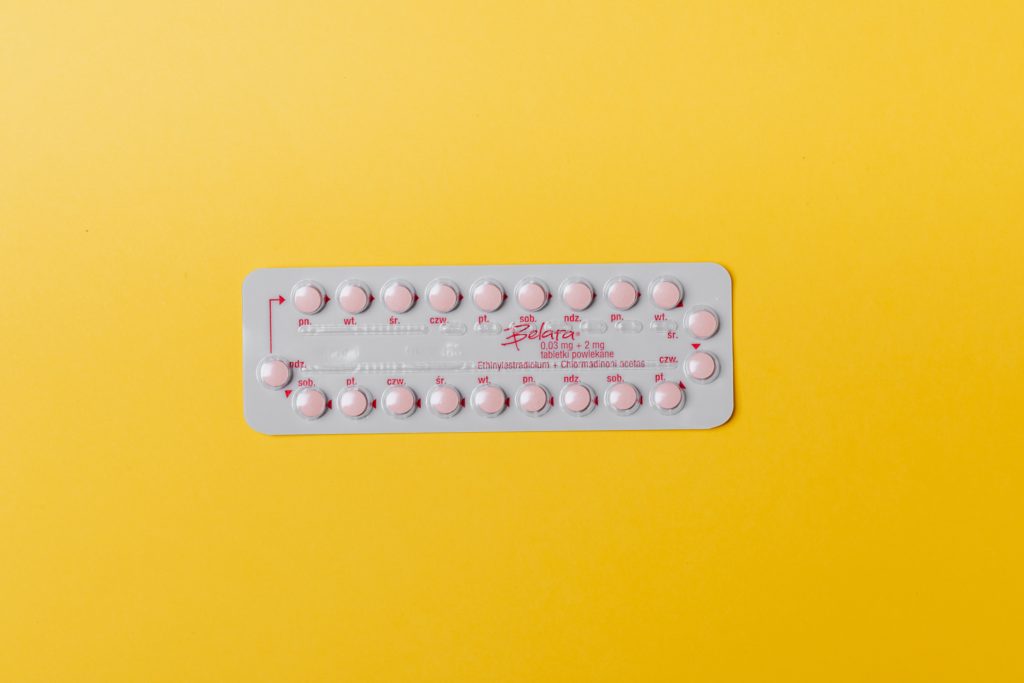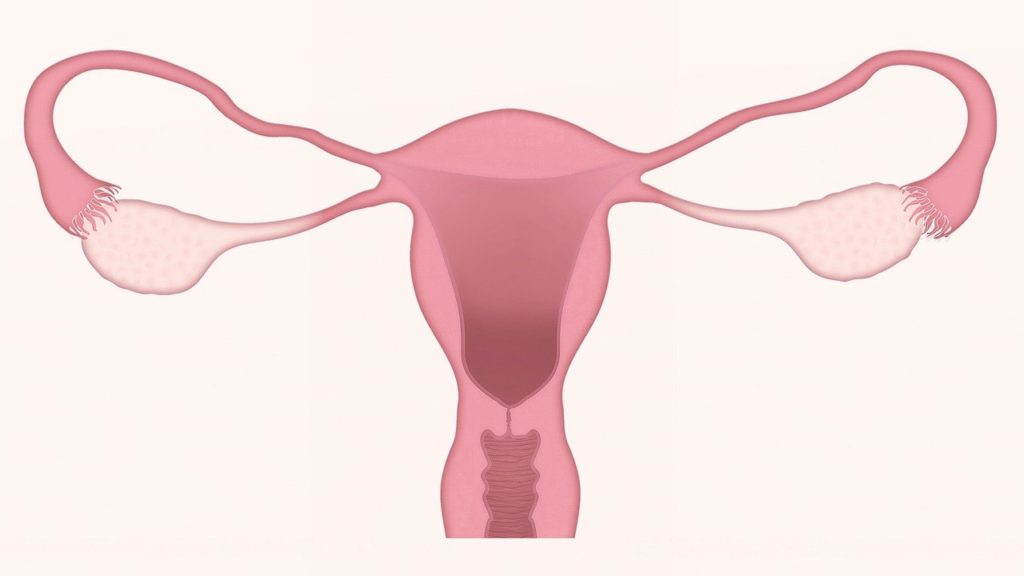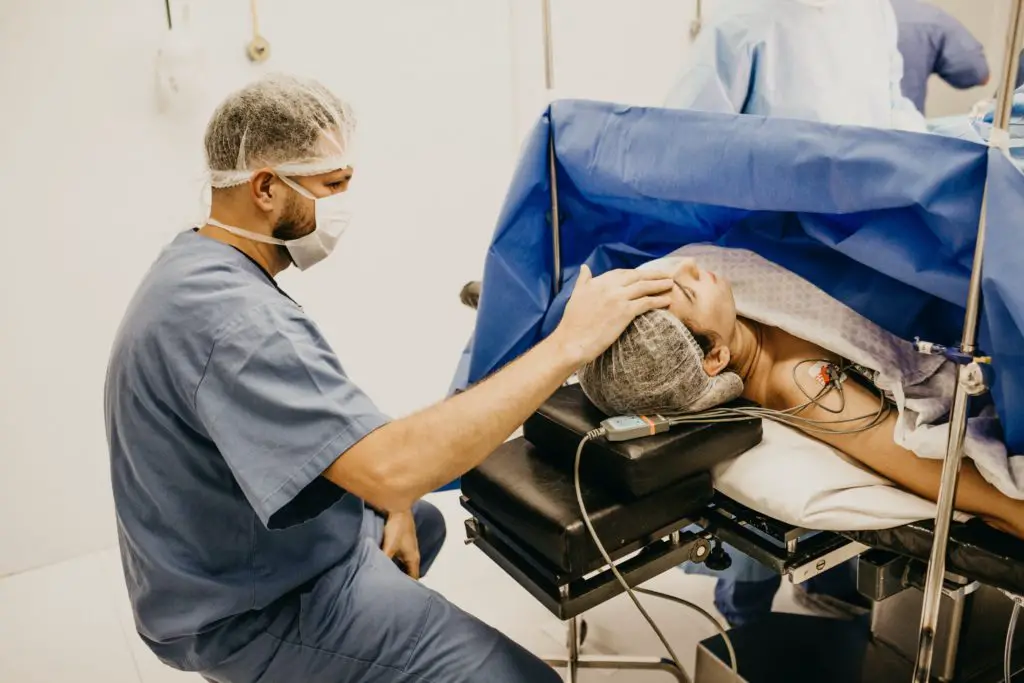Irregular Periods and Contraceptive Pills Q&A’s
I got a bunch of questions on irregular menstrual cycles so I am going to answer them here one by one. If you want me to answer any other question on irregular menstrual cycles then you can ask here Free Health Consultation, I will add them here on this page.
So let’s discuss them one by one.
What Are Irregular Periods?
It is the bleeding which occurs anytime between your expected periods. It is also known as Intermenstrual bleeding. The medical term is Metrorrhagia. In some women, spotting can occur during the ovulation (when an egg is released from the ovary) which is quite normal and harmless.
Why I am getting Irregular Periods?
Irregular periods can happen due to multiple reasons. There is a long list of conditions which can cause irregular periods.
- Hormonal Imbalance due to medical conditions.
- Use of contraceptive pills.
- Diets like Ketogenic diet, Atkins diet.
- PCOS/PCOD.
- Bleeding disorders like low platelet count, low clotting factors (haemophilia) etc.
- Overdose of medicines which make your blood thin like Aspirin.
- Pregnancy-related conditions like Ectopic Pregnancy, Miscarriage (Incomplete Abortion) etc.
- Conditions affecting Uterus like Endometriosis, Adenomyosis, Polyps, leiomyomas etc.
- Inflammation of the vulva, cervix (cervicitis), or uterus (endometritis) due to infections like STDs, or PID.
- Cancer of the vulva, Cervix, Uterus, Fallopian tube or Ovary.
Why I am getting periods even when my contraceptive pills course is not completed yet?
Normally your doctor will prescribe you a monthly pack of contraceptive pills which will contain 21 days of hormonal contraceptive pills and last 7 days of iron-containing non-hormonal pills. The periods will occur on the last week because you are not taking hormonal contraceptive pills.
Now in some women, bleeding occurs even before 21 days while they are on contraceptive pills course. This is known as ‘Breakthrough Bleeding’. It can be just spotting or heavy menstrual bleeding. There can be many reasons for that.
The most common reasons for breakthrough bleeding and their possible treatment options are:
- Your pills don’t contain enough estrogen – Sometimes the amount of estrogen present in pills is not enough to suppress the natural hormones in your body which results in bleeding. You have to consult your doctor and he/she will change the dose or combination of estrogen and progesterone.
- Early stages of contraceptive use – Your body is adapting to new hormonal changes and it will resolve on its own after a couple of months.
- Skipped the dose – Don’t skip your daily dose of contraceptive pills. You need to maintain a steady-state concentration of the hormones in your blood for effective contraception.
- You are taking pills at different times – Always try to take pills at the same time of the day to avoid any fluctuations in the levels of the hormones.
- Suffering from gastrointestinal problems like vomiting or diarrhea – Your pill will be out of the body before proper absorption in your blood. Less hormone levels will fail to suppress natural hormones which will result in breakthrough bleeding.
- You may need other forms of contraception – Sometimes hormonal contraceptive pills fail to work. In that case, your doctor will prescribe other forms of contraception like IUDs (Intrauterine devices like Copper-T).
- Infections like STDs, and PID – Your doctor will put you on an antibiotic course for the treatment of infections which if not treated can cause breakthrough bleeding.
- Other medical conditions that cause irregular bleeding – If you are suffering from any of the above mentioned conditions then breakthrough bleeding can happen even when on contraceptive hormonal pills.
Why I am getting periods multiple times in a month?
You may be suffering from any of the above-mentioned conditions which can result in irregular menstrual bleeding or periods. Consult your doctor so he/she can diagnose the condition as early as possible.
Do I have to take contraceptive pills daily or just once if I am having unprotected sex?
If you are taking hormonal pills then yes you have to take them for 21 days followed by 7 days of non-hormonal pills. You will have menstrual bleeding during the last week of your course. If you don’t want to take pills daily then consult your doctor and he/she will suggest you other methods of contraception which don’t require daily monitoring.
I don’t want to take pills daily. What are my other options for birth control?
You can use hormonal patches, implants, or injections which you don’t have to take daily. Other non-hormonal options are also available like condoms, diaphragms, birth control sponges, spermicidal creams, vajayjay rings, etc. Although they are less effective than combined oral contraceptive pills. If your family is complete then you can always go for a permanent contraceptive method like Sterilization (Vasectomy in males and Tubal ligation in females).
What side effects can I expect from Contraceptive Pills?
Side effects can range from mild to severe symptoms.
Mild side effects include like
- nausea/vomiting,
- headaches,
- mood swings,
- bleeding between periods,
- tummy pain,
- chest pain,
- tender breasts.
Severe side effects may include blood clots and an increased risk of breast and cervical cancer.
Who shouldn’t take hormonal contraceptive pills?
If you are suffering from any heart condition, high blood pressure, migraine, or have a history of blood clots, stroke, etc. then you should avoid hormonal contraceptive pills. You can always adopt other non-hormonal methods of contraception which I have mentioned above.








